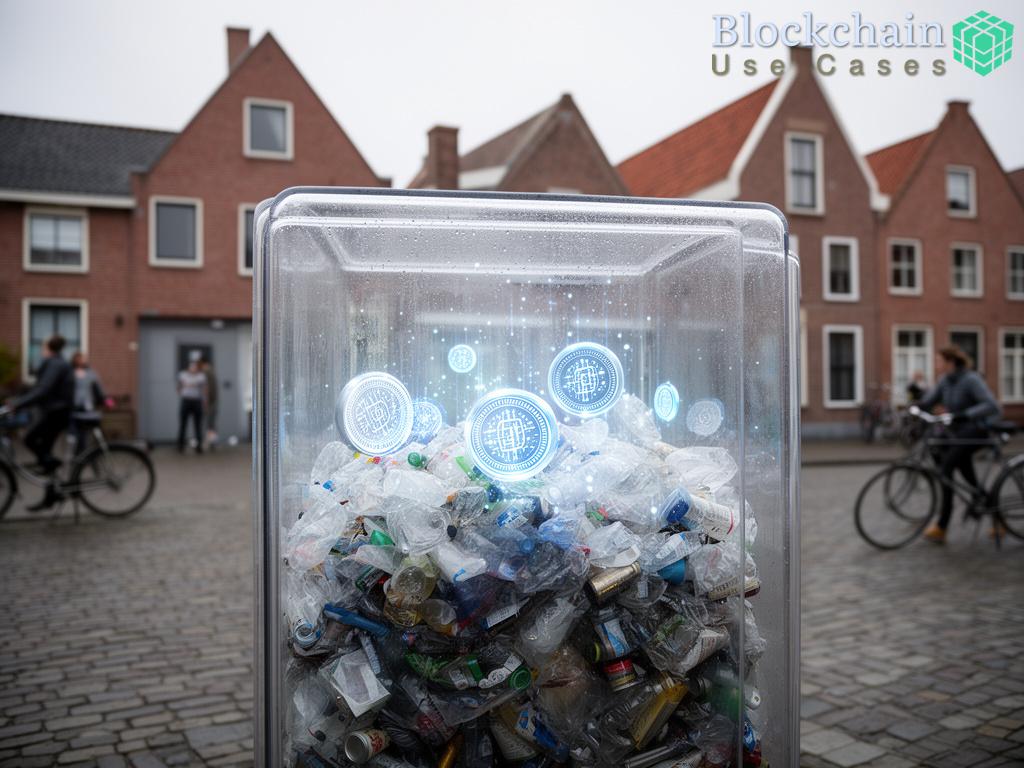In an age where consumers are increasingly concerned about the origins of their food, blockchain technology emerges as a beacon of transparency in the food supply chain. This revolutionary digital ledger offers an immutable record of transactions, enabling consumers to trace the journey of organic and non-GMO ingredients from farm to table. The allure lies in its ability to instill trust, ensuring that what’s on the label is genuinely what’s in the product.
The Digital Revolution Meets Agriculture
![]()
As the agricultural landscape evolves, so too does the need for innovative solutions that can address the complex issues surrounding food safety and authenticity. Blockchain stands out as a game-changer, leveraging its decentralized nature to record every step in the food supply chain. With farmers, processors, distributors, and retailers all connected through a transparent system, the risk of fraud diminishes, and the integrity of organic and non-GMO claims is fortified.
How Blockchain Works in Tracking Ingredients
Understanding how blockchain operates within food supply chains can be enlightening. At its core, it involves a series of steps that ensure each ingredient’s provenance is accurately documented. Here’s a brief overview of how blockchain facilitates tracking:
- Data Entry: Every participant in the supply chain inputs relevant data into the blockchain, including sourcing, processing, and shipping information.
- Immutable Records: Once data is entered, it cannot be altered, ensuring the authenticity of the information.
- Real-time Access: Stakeholders have access to real-time data, allowing for quick responses to any issues that may arise.
- Consumer Access: End-users can scan QR codes on products to view the entire journey of their food, enhancing consumer confidence.
This systematic approach not only enhances traceability but also cultivates greater accountability among all players in the food chain. As more companies adopt blockchain, the momentum towards a fully transparent food industry accelerates.
Embracing the Future of Food Safety
As the demand for organic and non-GMO products continues to rise, embracing blockchain technology represents a forward-thinking strategy for food producers and retailers. By investing in this technology, they not only meet consumer expectations but also position themselves as leaders in food safety and sustainability. The future is bright for blockchain in the food industry—a future where every ingredient is verified, every claim is substantiated, and every consumer can enjoy peace of mind with every bite.




